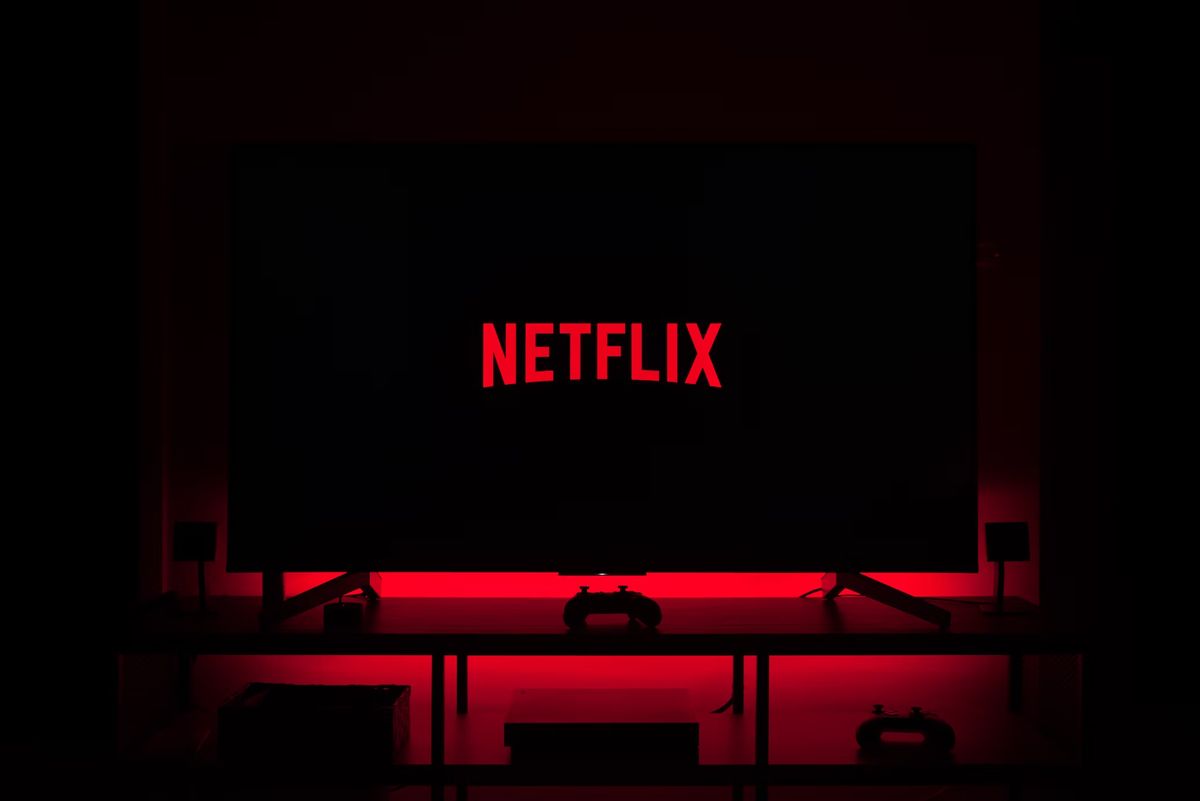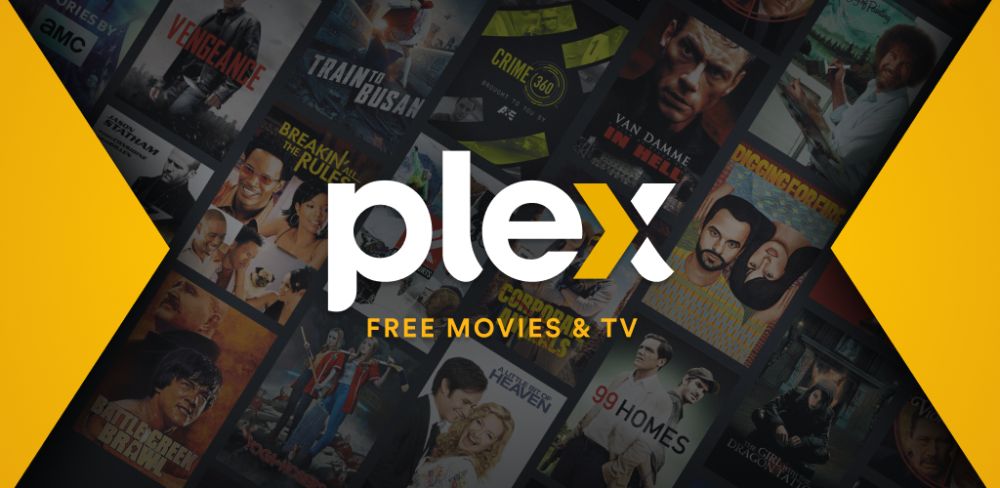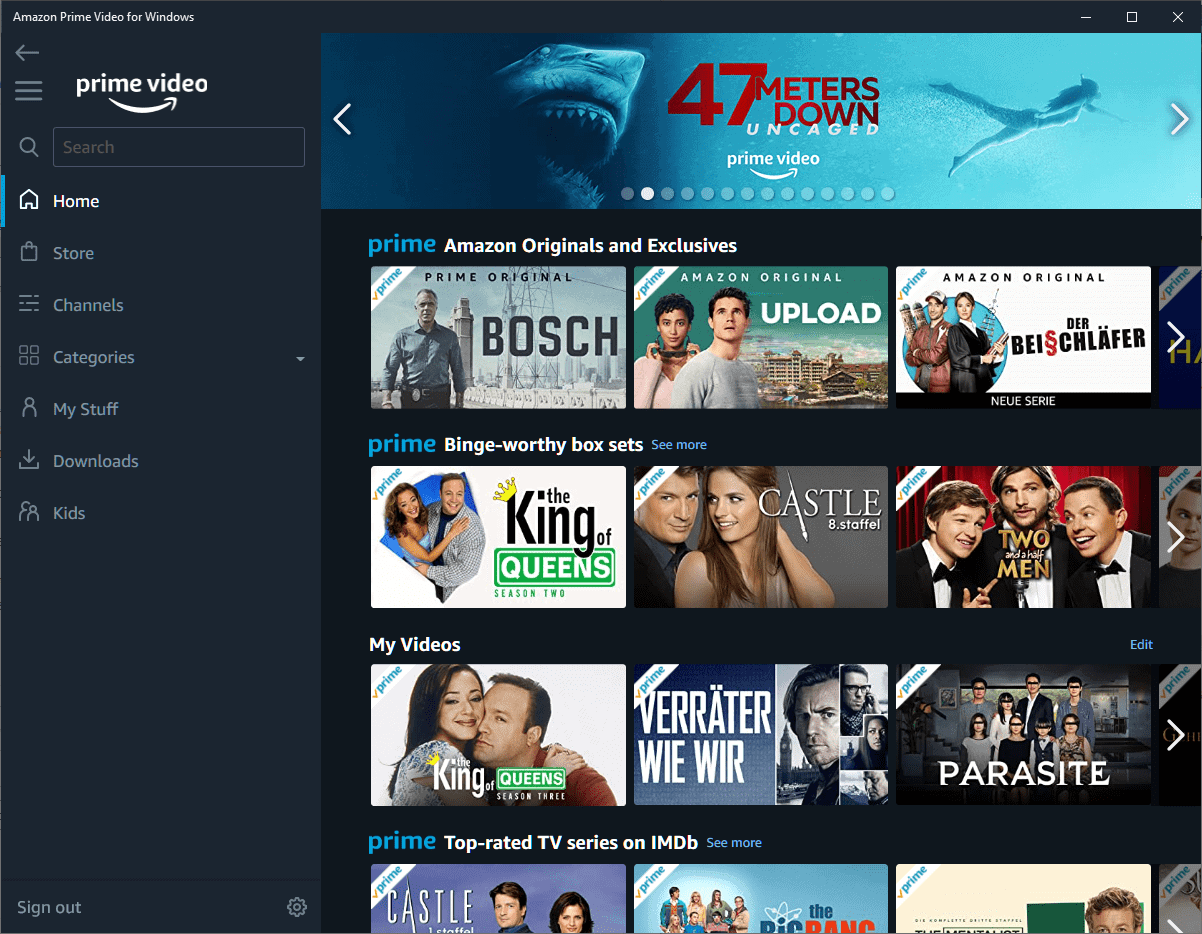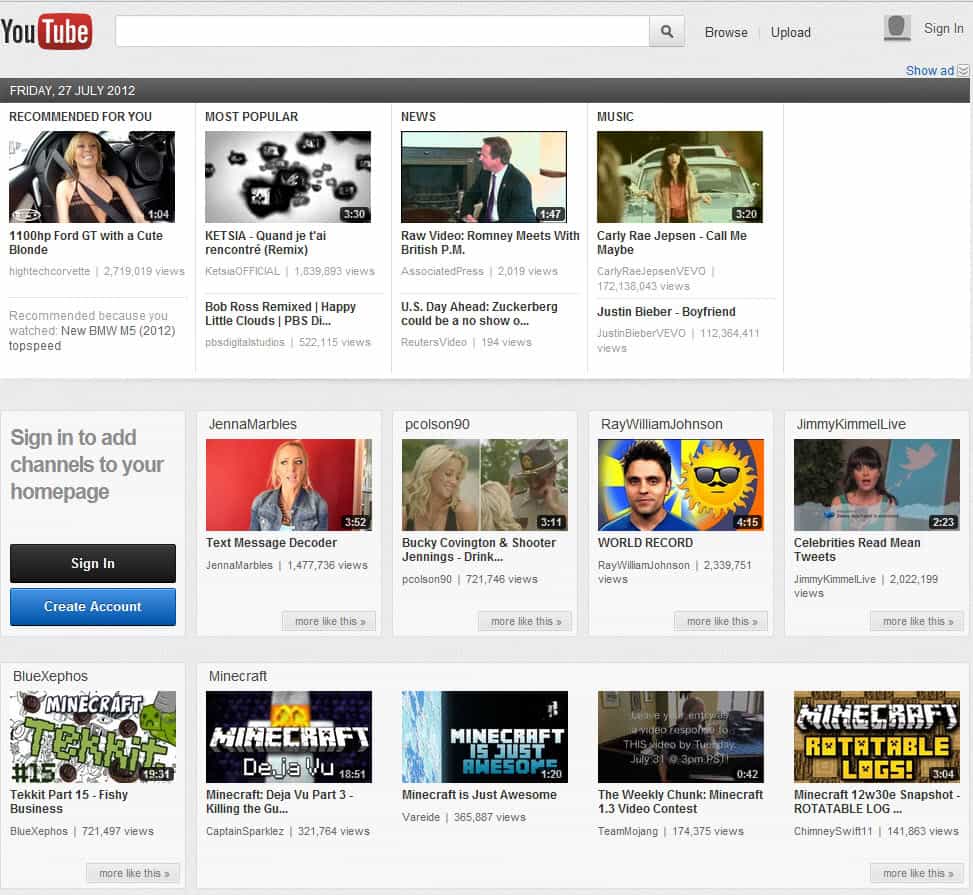Netflix's password-sharing crackdown is pushing the company to new heights

Netflix claims that its password-sharing crackdown is working and it has the numbers to back it up. The company published its latest earnings report on Wednesday for the second quarter of 2023, which provides a rare look behind the scene.
In the quarter, Netflix managed to gain an additional 5.9 million subscribers. Each of the four reporting regions saw an increase of at least 1 million paid memberships. Year-on-year growth rose from 4.9% to 8% as a consequence. Revenue reached $8.2 billion, a meager gain of $17 million over the first quarter of 2023, slowing year-on-year growth to 2.7%.
Operating income, on the other hand, increased by $113 million to $1.827 billion; this also affected the operating margin, which rose to 22.3%.
Netflix launched a number of changes to its platform in recent time. It enforced account sharing policies, widely reported as Netflix's password-sharing crackdown, aiming to limit use of Netflix to single households. New paid account slots were added to allow paying Netflix customers to add more slots to their accounts to allow access in different households.
Netflix introduced an ad-powered plan, which it upgraded shortly thereafter as it was generating more revenue than the more expensive Basic plan. Netflix renamed the plan to Standard with Ads and upgraded the plan's capabilities as a consequence.
Account-sharing restrictions will launch in all remaining Netflix regions according to Netflix's outlook in the report. These regions will not get the options to add extra member slots to their accounts according to Netflix.
Netflix is offering four plans currently in most regions: Basic, Standard with Ads, Standard and Premium. The company removed the Basic plan in Canada recently, and a new report suggests that it has now also removed the plan in the United States and United Kingdom.
The change does not affect existing Basic plan subscribers, but new subscribers and subscribers who want to change their plan can no longer select the Basic option. This makes the cheapest Netflix plan without advertising more expensive, as users from the United States now have to pay at least $15.49 and users from the United Kingdom £10.99 per month for uninterrupted viewing.
The move makes Netflix's ad-supported plan even more attractive, price-wise, considering that it is available for a monthly price of $6.99 in the United States and £4.99 in the United Kingdom. Interestingly, Netflix subscribers in the US pay more to add an account sharing slot to their paid account than they would for the ad-supported plan.
Netflix's non-ad plans include features that the ad-supported plan does not offer. Both support the downloading of content on devices and access to all content. Some movies and TV shows are unavailable for Standard with ads users.
Closing Words
Netflix has not announced plans regarding the removal of the Basic tier yet, but the rollout to additional regions is an indicator that it could very well ax the plan in all regions eventually.
While there has been a lot of outcry over Netflix's password-sharing crackdown and the launch of an ad-support plan, it appears that the strategy is working for Netflix.
Now You: do you have streaming subscriptions?
























More Netflix propaganda.
They want to pretend things are great now, because in August 2023 people will need to start repaying their student loan debt, something they were exempted from paying during the COVID lockdown.
Alot of millennials & zoomers are going to cancel their Netflix subscriptions in September, stop using Uber Eats, & will start eating $0.99 saimin.
“It appears that the strategy is working for Netflix.”
My gosh, Martin–definitely, not a stock market reader: The strategy isn’t working as of after hours yesterday and this morning. Shares are down nearly $50 or 10%.
Cracking down on password sharing to “force” new subscribers is misleading to shareholders. Yes, the subscriber count “soared,” but it’s not like “new” subscribers. It’s like using a paid parking space for a certain length of time; it was free for a while, then the lot started towing vehicles.
The writers’ strike? Netflix isn’t immune; eventually, it will hurt.
Free cash flow? “Netflix said it expected free cash flow to grow this year to at least $5 billion from $3.5 billion, thanks to lower spending on content.” Sort of an insidious way to report “free cash flow.”
Lower spending on content; content is what makes/breaks a streaming platform. Less original and quality content, fewer subscribers [new/old] stick with the platform.
https://www.nytimes.com/2023/07/20/business/dealbook/netflix-earnings-hollywood-strike.html
Not “suggests.” It’s factual: “The company [NFLX] quietly removed its lowest-priced ad-free streaming plan in the US.”
Anyway, I would still say NFLX stock would make a good gift to someone. Let it falter and go in as low as possible.
“Less original and quality content, fewer subscribers [new/old] stick with the platform”
I got my netflix subscription back when they didn’t have ANY original IPs, and still to this date I haven’t watched any, because that doesn’t interest me. Coincidentally Netflix used to be much better around 9 years ago than today.
So conflating “more original content” with “more subscribers” doesn’t work for me. But maybe others think that way.